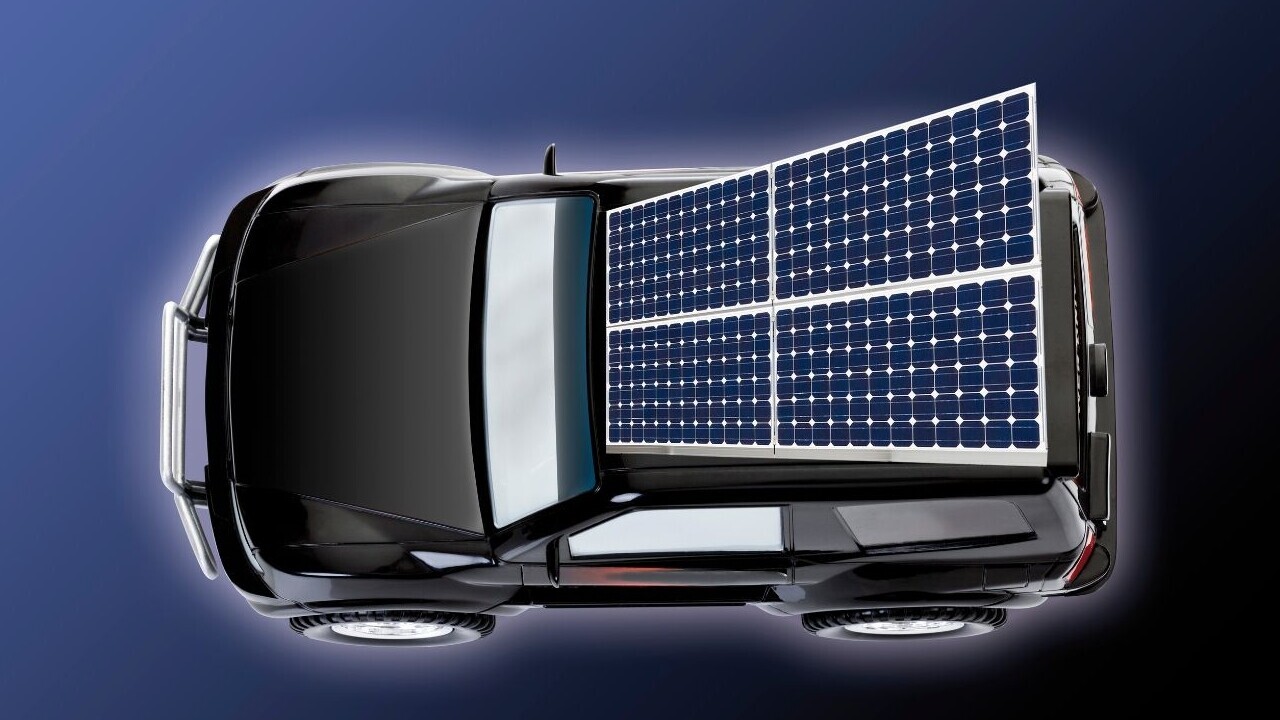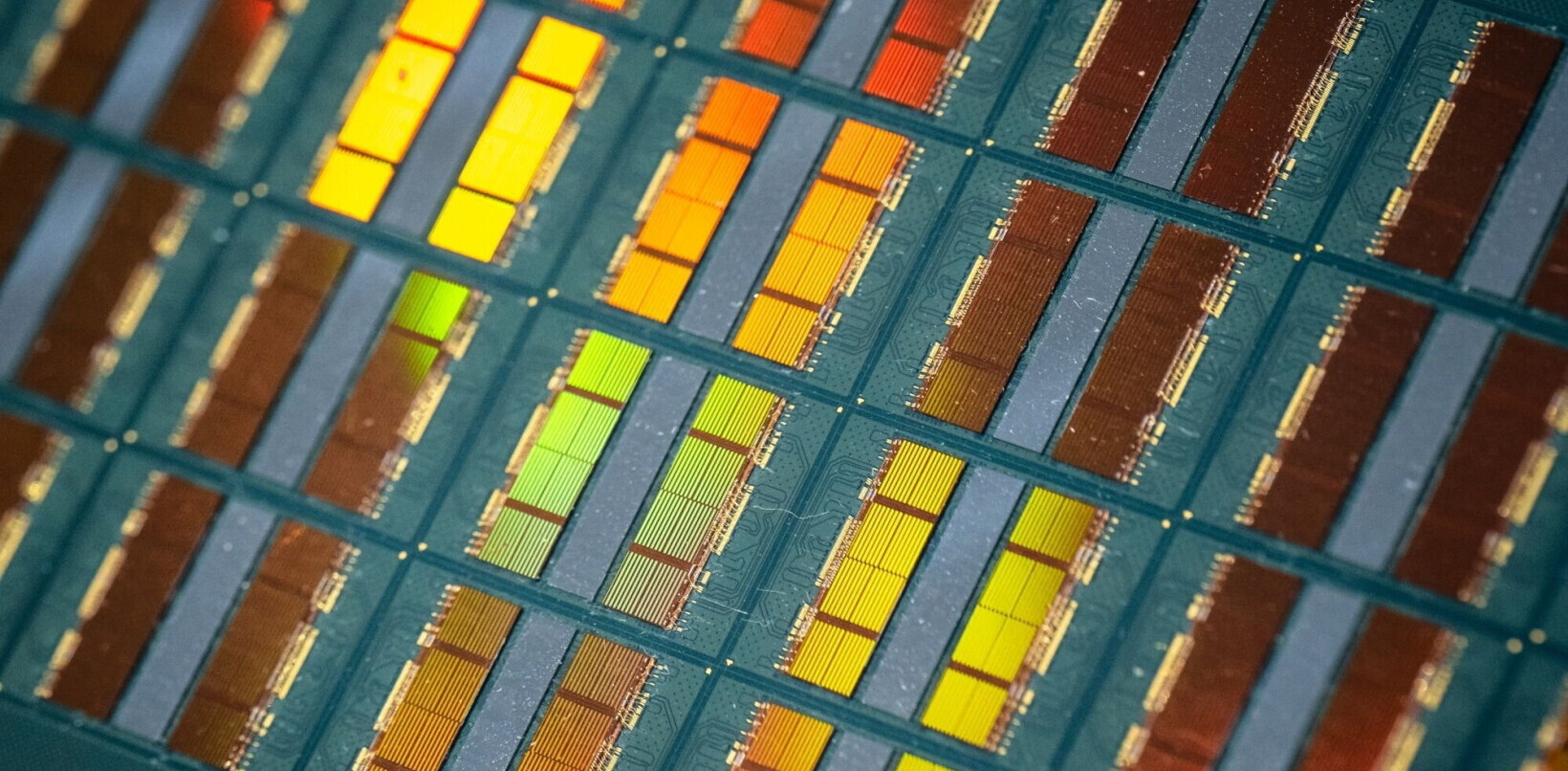
Two Italian researchers have died after a solar-powered hybrid car prototype they were test-driving exploded last week near the city of Naples.
The vehicle, a rejigged VW Polo, was being developed as part of an EU-funded project to convert old combustion engine cars into solar-powered hybrids. The prototype caught alight last Friday during a test drive, leaving the two occupants in critical condition.
Maria Vittoria Prati, a researcher at Italy’s National Council of Research (CNR), died of complications from third-degree burns on Monday.
Earlier this week, the CNR paid tribute to Ms Prati as “a brilliant researcher” and “an expert in the field of emissions studies and the use of alternative fuels”.
The other occupant, research apprentice Fulvio Filace, 25, died overnight, a spokesperson for the Cardarelli hospital in Naples told Reuters on Thursday.

Naples authorities are investigating the cause of the explosion, according to ANSA news agency, although no specific suspects have yet been identified.
The CNR said on Thursday it has launched an internal audit to “reconstruct the cause of the very serious incident” and is cooperating with investigators.
The test was part of the EU-funded Life-Save project, which was researching ways to retrofit regular combustion engines with additional electric motors, which were charged by batteries and solar panels mounted on the vehicle’s roof and bonnet.
Solar-powered cars have been touted as a potential solution to the lack of infrastructure and affordable charging needed to accelerate the electric vehicle revolution, but the technology is still in its nascent stages.
Life-Save secured almost €1.8m in funding from the European Commission since 2017 under its LIFE programme, a fund that supports clean tech startups.
Since the incident, Life-Save has disabled its website, which now features a tribute expressing condolences to the families of the deceased.
Get the TNW newsletter
Get the most important tech news in your inbox each week.




